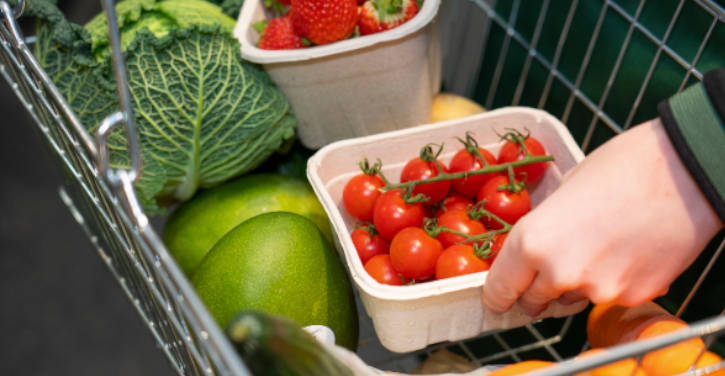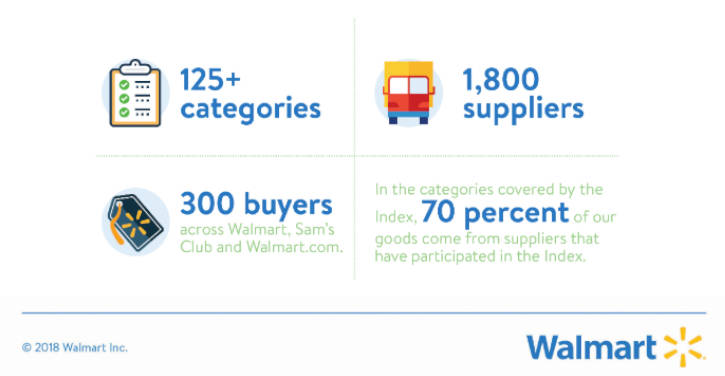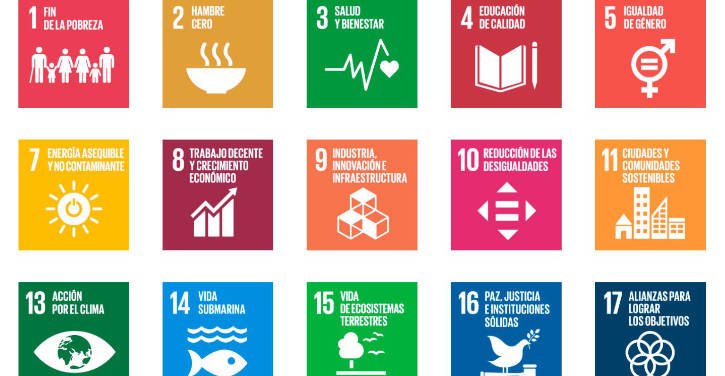SUSTAINABILITY – THE KEY TO THE FUTURE OF RETAIL
There are lots of new, disruptive retail brands out there who are putting environmental values at the core of their proposition and appealing to the evermore conscious consumer. But we’re particularly pleased to see some of the bigger players taking steps to care for the planet, and often reaping financial rewards because of them.
Whether it’s making use of alternative energy sources, cutting out harmful materials, or putting those materials to better use, these retailers demonstrate the width and breath of ways to reduce the environmental effects of consumerism.
Adidas
This year, Adidas announced plans to more than double the production of its shoes containing recycled waste plastic from 5 million to 11 million in collaboration with environmental organisation, Parley for the Oceans. It’s Parley’s job to collect plastic waste from beaches and transform it into yarn. Adidas then uses it to produce apparel and footwear, turning ‘the threat into a thread’. The range consists of a range of different designs in aqua colours with wave like patterns, giving a clear nod to the ocean’s aesthetic. The fast-growing line shows customers’ desire to live an ethically responsible lifestyle without having to sacrifice shopping with the established brands they love.

Marks and Spencer
If you’ve ever arrived home from a food shop feeling dismayed at the amount of plastic you’ve bought, it might be time to take a trip to Marks & Spencer in Southwest London. A new trial will see the sale of more than 90 lines of loose fruit and vegetables free of plastic packaging at the store. The range includes hard fruit and vegetables like potatoes and bananas. More delicate items, such as soft fruits and berries, will be sold in compostable baskets made from paper pulp. M&S also removed “best before” date labels as part of the three-month trial. Fruit and vegetable experts will be available to offer advice on how to best preserve produce and prevent food waste at home.

Patagonia
With their mission statement as “Build the best product, cause no unnecessary harm, use business to inspire and implement solutions to the environmental crisis.”, Patagonia realises that its customers love the outdoors and have aligned their company values to fit. As well as supporting many activist causes and documentaries, they use recycled polyester in many of their clothes and only organic, rather than pesticide-intensive, cotton. In 2017 the company pledged to donate 100 percent of Black Friday sales to grassroots non-profits. Their customers love their commitment to the cause and profits continue to grow.

Apple
Late last year, Apple opened the doors to its flagship shop on the Champs-Élysées in Paris that pays homage to the city’s rich history and creativity. The design effortlessly blends history with modernity as the design leads visitors through to an elegant 19th century Parisian passageway into a contemporary interior space. Situated above the courtyard is an amazing kaleidoscope solar roof-light of mirrored pyramids that reflect dappled sunlight onto the internal facade. But one of the most impressive aspects of the beautiful building is not only its visual elegance; “Like all of Apple’s facilities, Apple Champs-Élysées is powered by 100 percent renewable energy,” declared the tech brand. It’s proof that being beautiful doesn’t have to cost the earth.

Walmart
It was Lee Scott, who ran Walmart from 2000 to 2009, who instilled a huge sense of responsibility to the environment into the company. After the birth of his granddaughter he had an epiphany in which he challenged his employees: “What if we used our size and resources to make this country and this earth an even better place for all of us: customers, associates, our children and generations unborn?” He startled many of his suppliers by implementing a strict policy to cut ties with any manufacturers emitting vast amounts of carbon and created a data-driven index of sustainability metrics to judge them by. Walmart has also committed to using 50% renewable energy by 2025 and their recent work to double fleet efficiency has saved the company a billion dollars and pulled 650,000 metrics tons of CO2 out of the atmosphere.

Inditex
For the 3rd year in a row, Inditex has come out as the most sustainable fashion retailer in the world. The Spanish giant applies multidisciplinary methods to protect biodiversity and reduce the impact on the consumption of water, the changing climate and the use of product and energy resources. Their eco-efficient shops are a clear example of their commitment to the cause with 20% less consumption of electric, and 40% less of water than conventional shops. Inditex’s objective is to make all of their shops sustainable by 2020.






